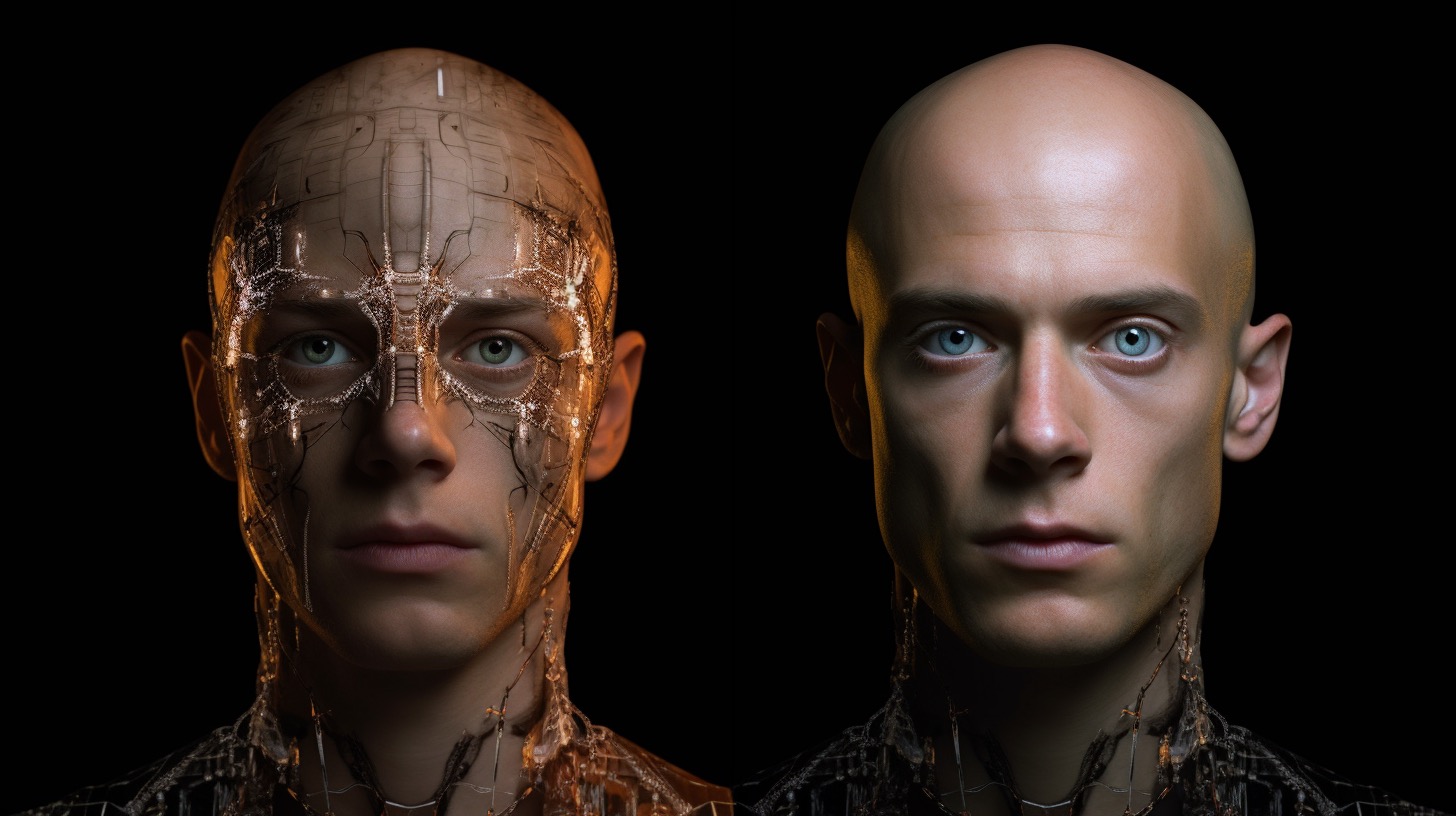Researchers at Harvard University, the Massachusetts Institute of Technology, and QuEra have developed a quantum processor with 48 logical qubits that can execute algorithms while actively correcting errors. This breakthrough paves the way for the development of quantum computers with large numbers of logical qubits, which could revolutionize computing capabilities.
One of the key challenges in quantum computing is the susceptibility of quantum processors to environmental noise, which disrupts the fragile quantum states used for storing and processing information. Quantum error correction aims to address this issue by grouping multiple qubits together to form a single logical qubit. This distributed information allows for the identification and correction of errors as they occur.
The team led by Mikhail Lukin set out to demonstrate the potential of logical qubits in quantum computing architectures. They employed neutral atom arrays – grids of ultracold rubidium atoms trapped by optical tweezers – which can be dynamically reconfigured while preserving quantum information. Using this platform, the researchers created a programmable quantum processor capable of running a series of logical algorithms.
Their approach resulted in a significant improvement over previous experiments, encoding up to 48 logical qubits and executing up to 228 two-qubit logic gates. The processor’s in-built error correction greatly enhanced algorithm performance, allowing for exploration of large-scale error correction across numerous qubits and tolerance against noise and imperfections in quantum hardware.
The research team believes that their findings mark a significant transition towards testing algorithms with error-corrected qubits rather than physical ones, and a step closer to the realization of large-scale, practical quantum computers. They are now focusing on expanding the range of logical operations on their system.
As quantum computing continues to advance, it holds tremendous potential for solving complex problems that are beyond the capabilities of traditional processors. The development of quantum processors with error correction brings us closer to harnessing this immense computing power and opens up opportunities for groundbreaking advancements in various fields.

